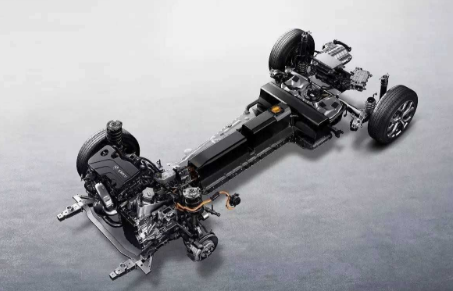Compared with traditional fuel vehicles, new energy vehicles power system more than a motor, batteries and other core components, so consumers in the purchase of new energy vehicles, battery technology is also a point of concern, the strength of the battery technology not only has a direct impact on the energy efficiency, range, and is also related to safety issues. Do not see, samsung cell phone that small battery explosion can hurt people, not to mention hundreds of thousands of times the size of the car power system battery?

Battery technology is a very complex system engineering, the current mainstream new energy models of the battery pack technology differences, mainly reflected in the battery management system, high-voltage safety management and thermal management of three aspects. In order to facilitate understanding, it can be analyzed from the current mainstream pure electric, series hybrid, power-split (planetary gear) hybrid category, of which the most representative models are Tesla, BMW i3 and Buick VELITE5.
The Battery Management System (BMS) is the core of the battery pack, which undertakes to read all the parameters of the battery as well as the thermal and equalization of the battery. In other words, the reliability of the BMS is directly related to the reliability and safety of the whole battery pack. The technical differences in BMS systems are mainly in 3 areas: the skeleton (hardware board), the heart (chip) and the neural network (system architecture).




